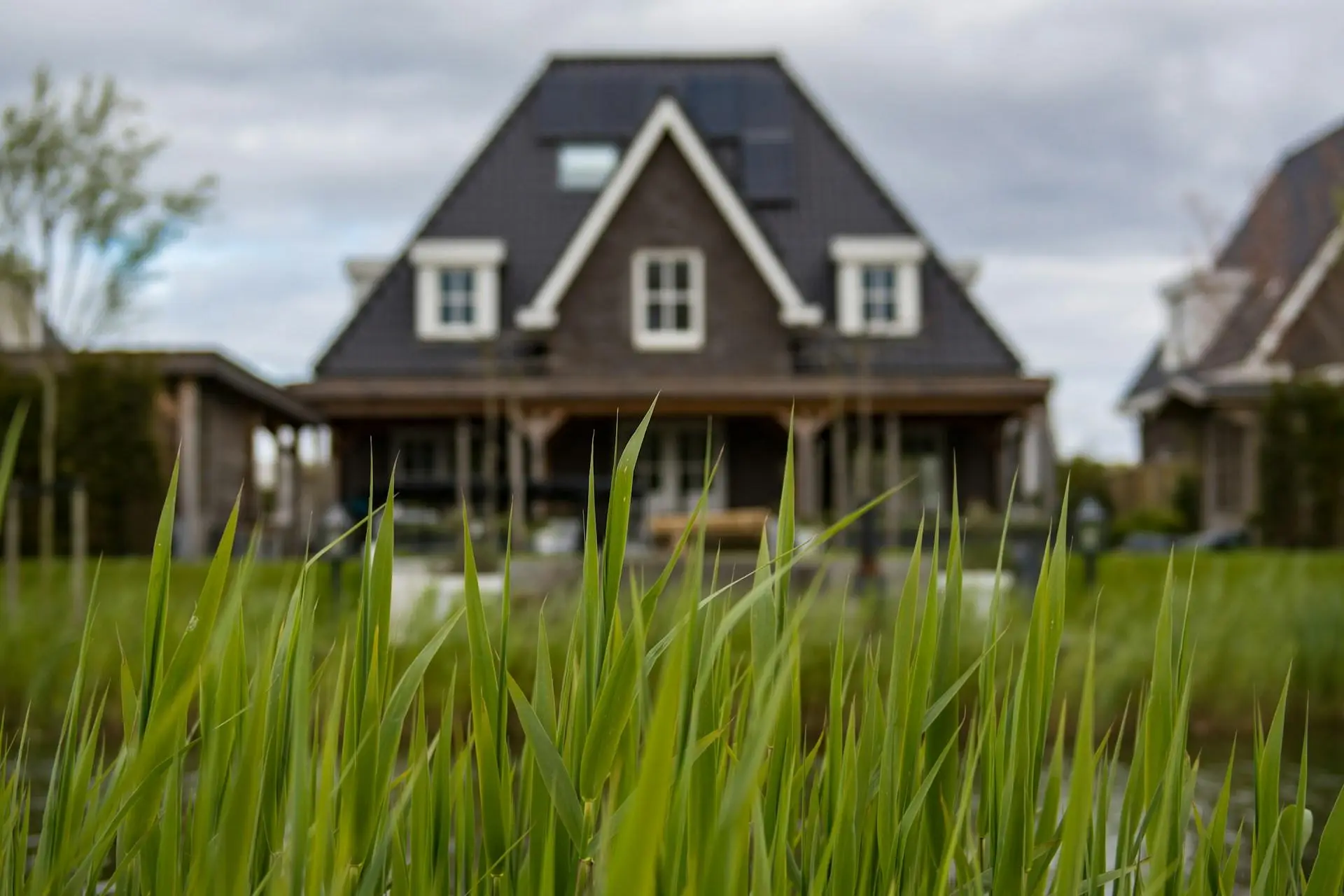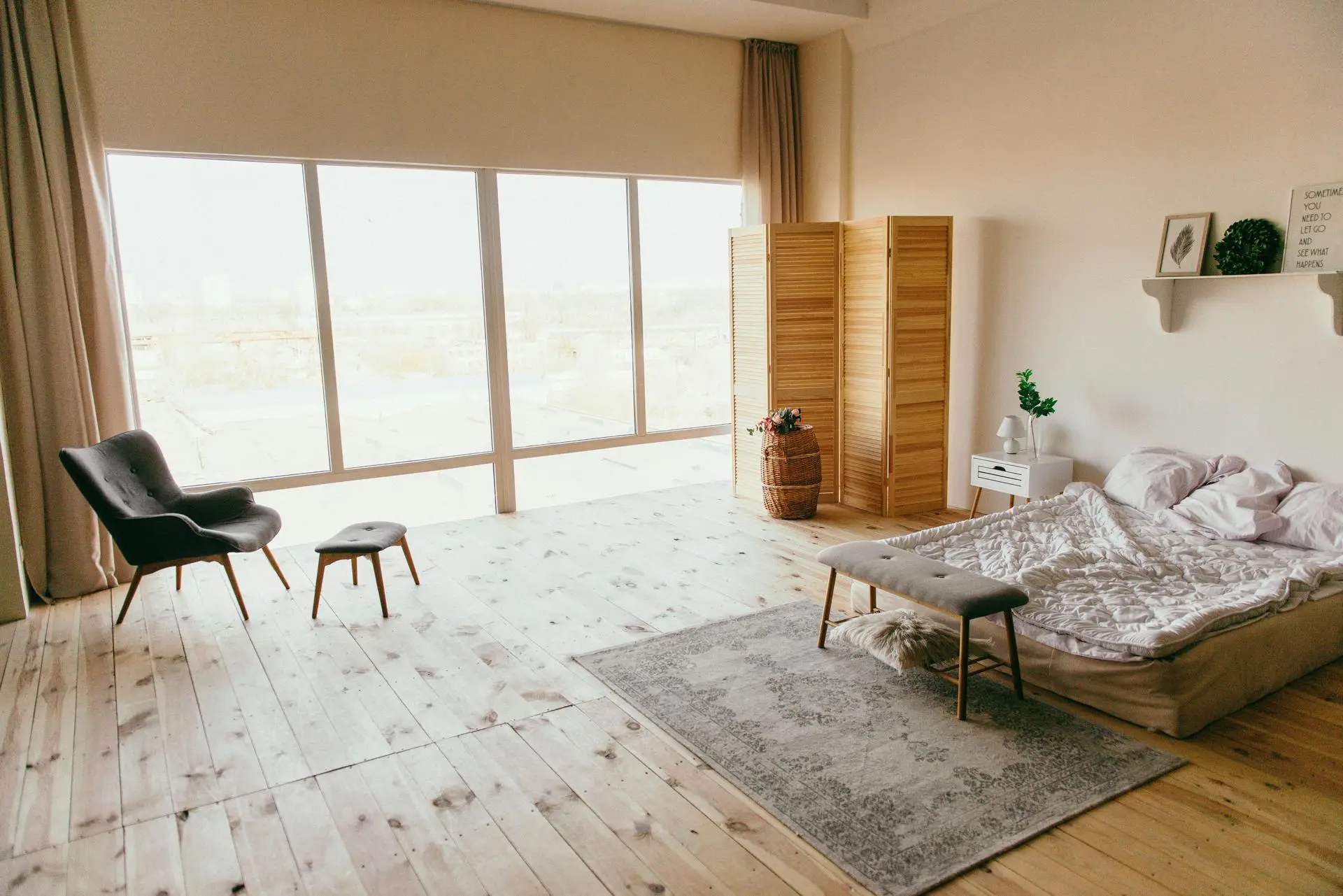In an era where minimalism is gaining traction, the concept of living in smaller homes is becoming increasingly popular. This shift reflects a broader societal change towards valuing experiences over possessions. Smaller homes offer numerous benefits that enhance quality of life, from financial savings to environmental sustainability. This article explores why opting for a smaller living space can lead to a more fulfilling life.
Financial Freedom and Reduced Expenses
One of the most compelling reasons to downsize is the financial savings associated with smaller homes. Smaller homes generally cost less to purchase, maintain, and insure, allowing homeowners to allocate their financial resources more efficiently. This financial freedom can lead to reduced stress and increased opportunities for travel, hobbies, or investing in personal development.
Environmental Benefits of Downsizing
Living in a smaller home significantly reduces one's carbon footprint. Smaller spaces require less energy for heating, cooling, and lighting, which translates to lower utility bills and a reduced impact on the environment. By choosing to live in a smaller home, individuals can contribute to a more sustainable future.
Simplified Living and Decluttering
A smaller home necessitates a more minimalist lifestyle, encouraging residents to keep only what is essential. This natural decluttering process can lead to a more organized and less stressful living environment. Fewer possessions mean less time spent on cleaning and maintenance, freeing up time for more meaningful activities.
Enhanced Human Connections
Smaller homes often facilitate stronger family bonds and community ties. With less space, family members are encouraged to interact more frequently, fostering closer relationships. Additionally, living in a smaller home often means being part of a community where neighbors know each other, enhancing social connections and support networks.
Creativity and Personal Expression
Living in a smaller space challenges individuals to think creatively about their living arrangements. This creativity can lead to innovative storage solutions and multifunctional furniture that maximize the utility of every square foot. Smaller homes often reflect the personality and ingenuity of their inhabitants more so than larger, more generic spaces.
Increased Mobility and Flexibility
Smaller homes often mean less financial commitment and greater flexibility. This increased mobility allows individuals to relocate more easily for work, family, or personal reasons. The ability to adapt quickly to changing circumstances can lead to a more dynamic and fulfilling life.
Focus on Experiences Over Possessions
With less space to fill, residents of smaller homes often place a higher value on experiences rather than material goods. This shift in priorities can lead to a richer and more fulfilling life, as individuals invest in travel, education, and personal growth instead of accumulating belongings.
Improved Mental Health and Well-being
The benefits of living in a smaller home extend to mental health. A clutter-free environment can reduce stress and anxiety, leading to improved mental well-being. The financial savings and reduced environmental impact also contribute to a sense of satisfaction and purpose.
Opportunities for Community Living
The trend towards smaller homes is also evident in the rise of co-housing communities and tiny house villages. These communities offer shared resources and common areas that promote social interaction and a sense of belonging. Living in such environments can provide the perfect balance between privacy and community engagement.
Embracing the Future of Living
As society continues to evolve, the appeal of smaller homes is likely to grow. They offer a sustainable, cost-effective, and fulfilling lifestyle that aligns with the values of modern living. By embracing smaller homes, individuals can lead bigger lives, rich in experiences and personal growth.
In conclusion, the benefits of living in a smaller home are manifold. From financial and environmental advantages to enhanced personal relationships and mental well-being, smaller homes provide a pathway to a more meaningful and satisfying life. As more people recognize these benefits, the trend towards smaller living spaces is set to continue, reshaping how we think about the concept of home.










